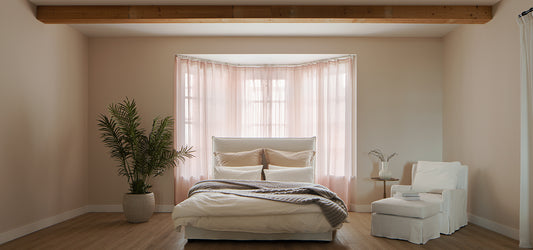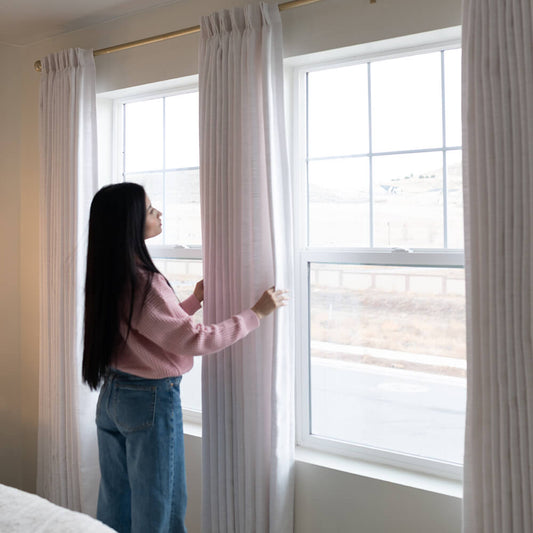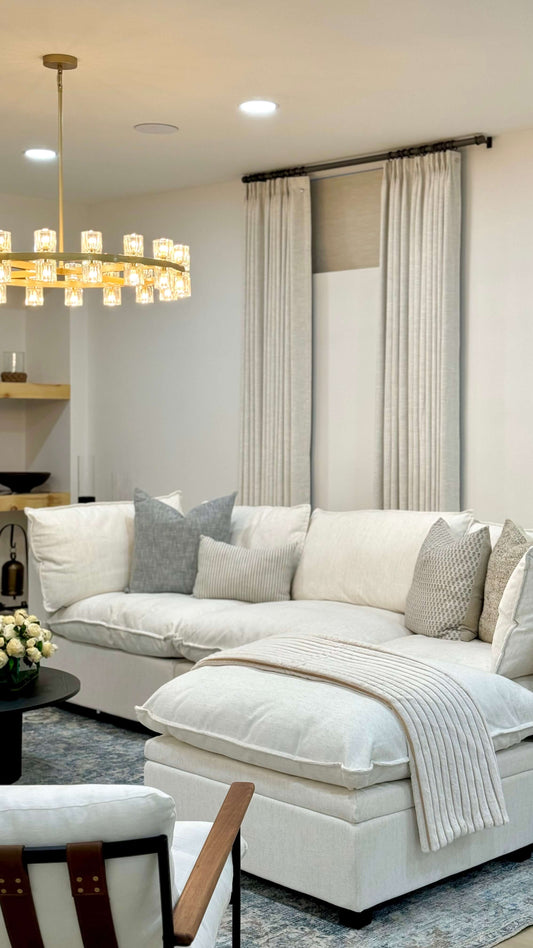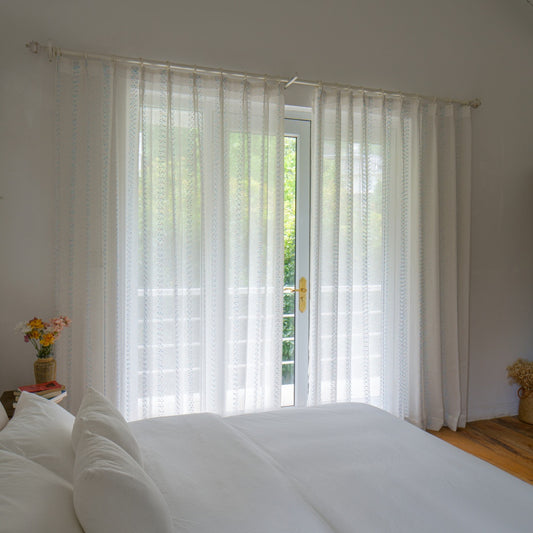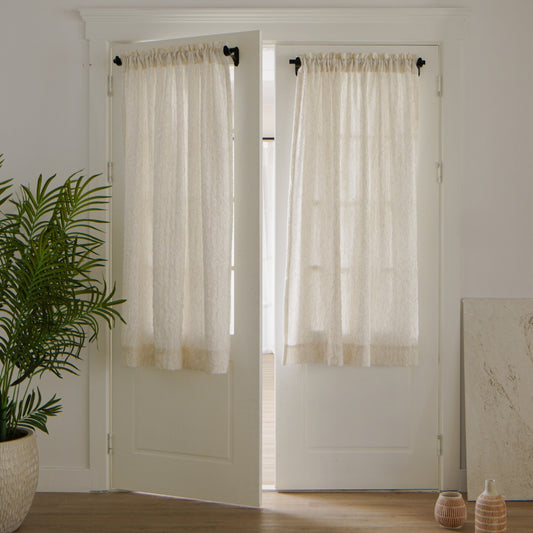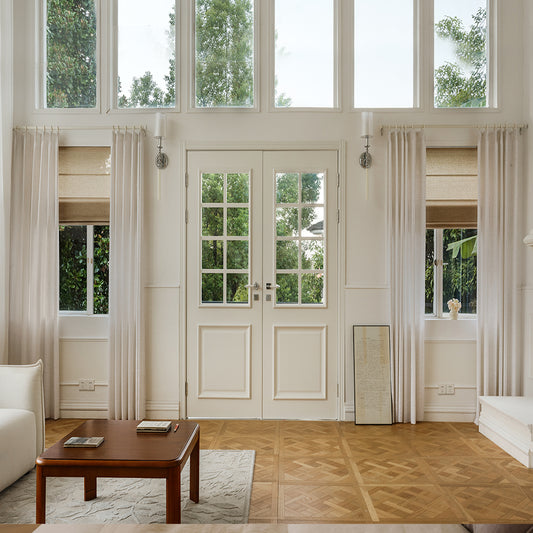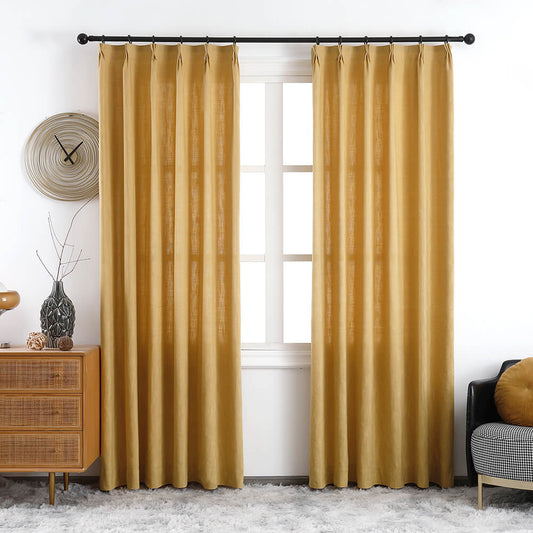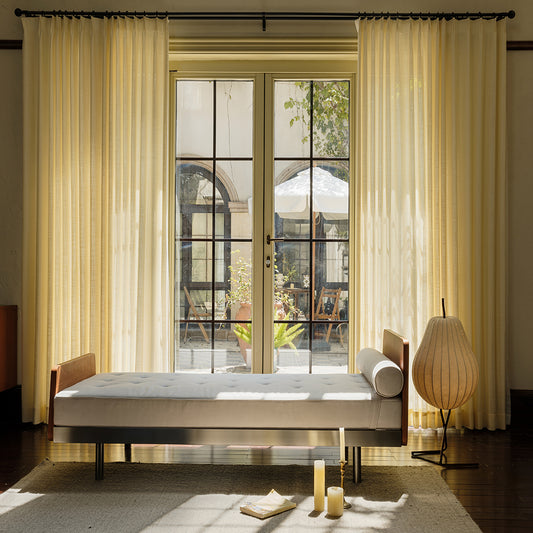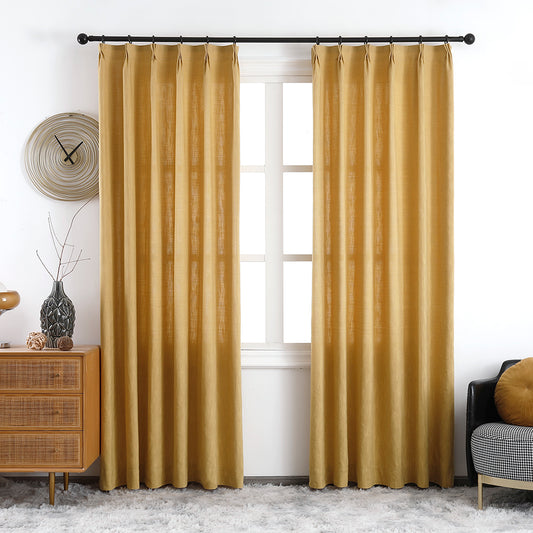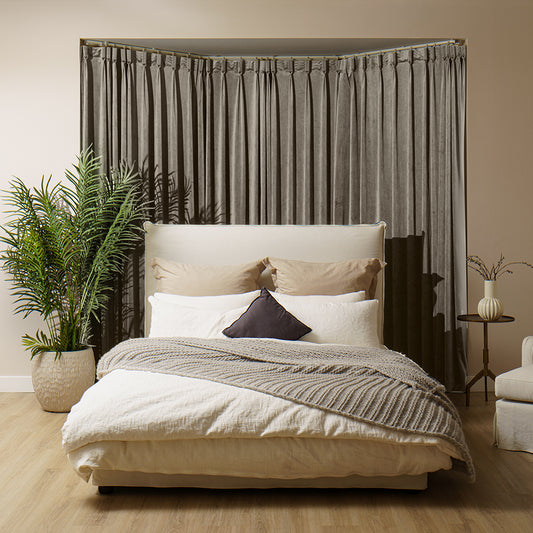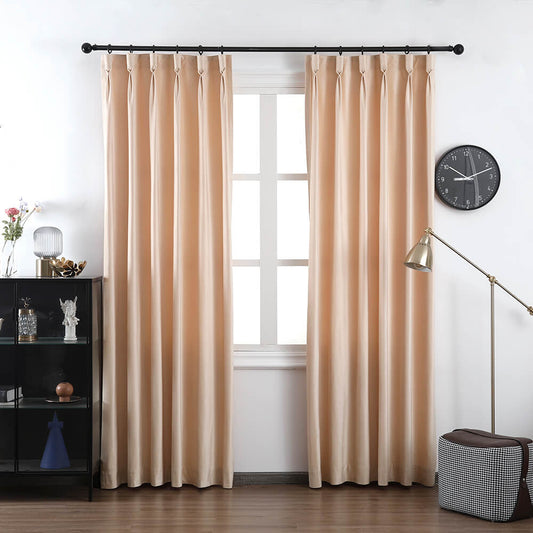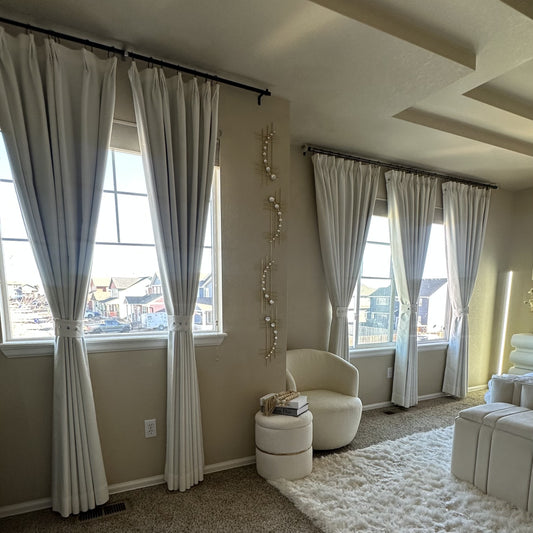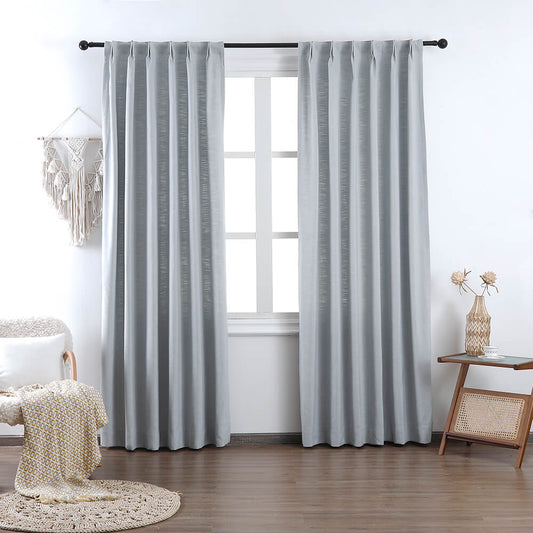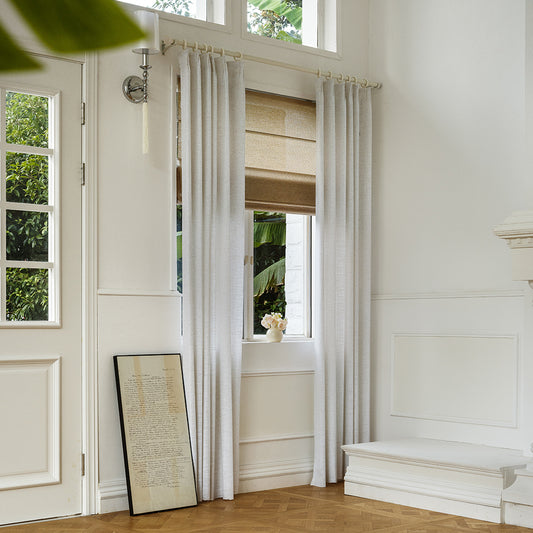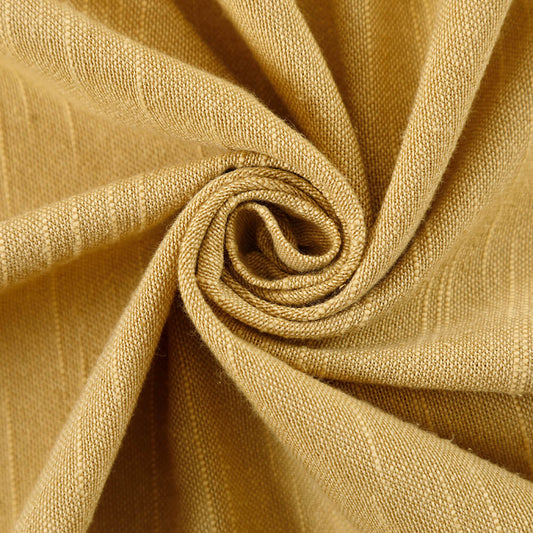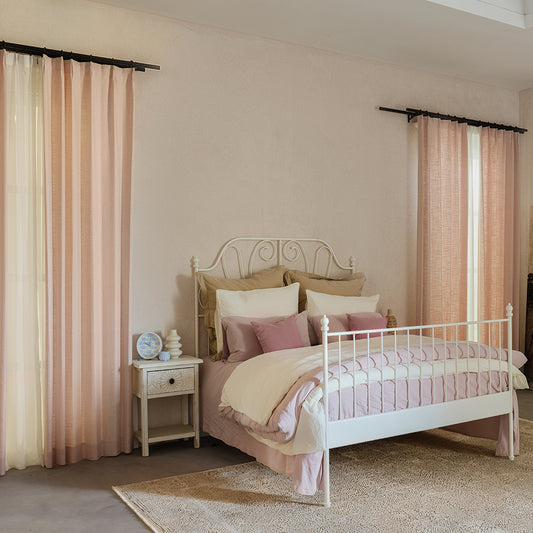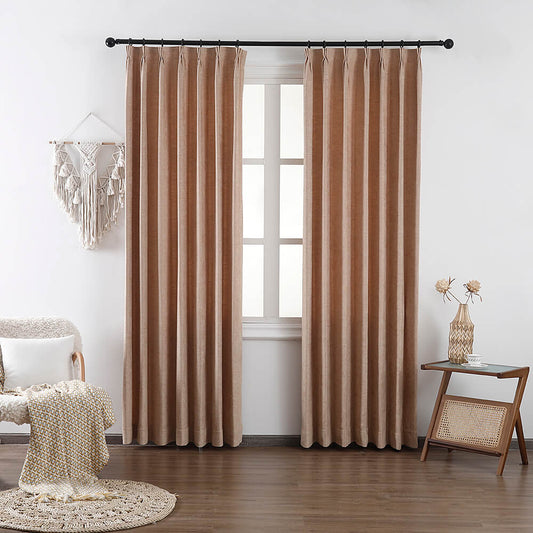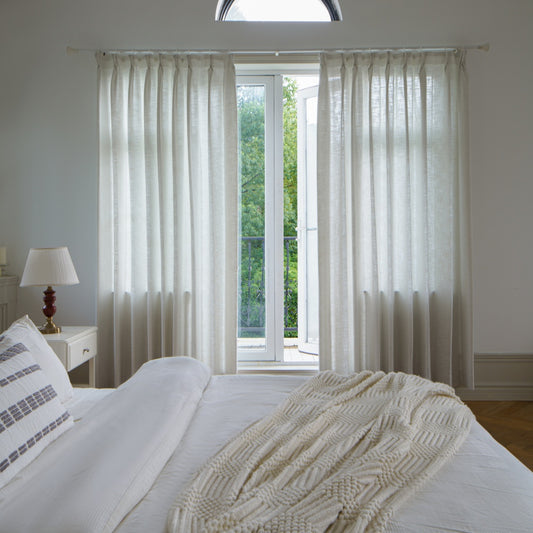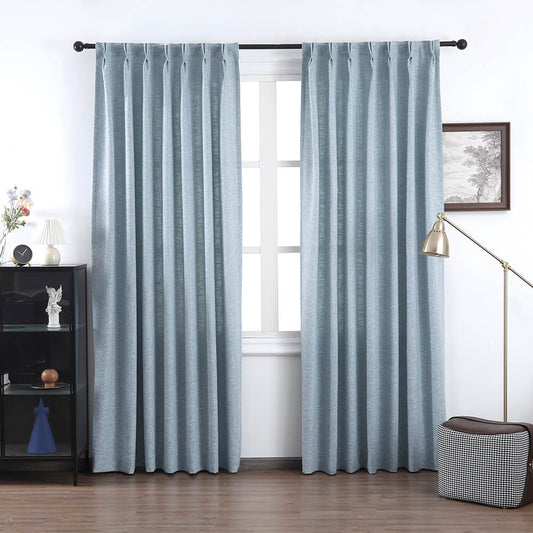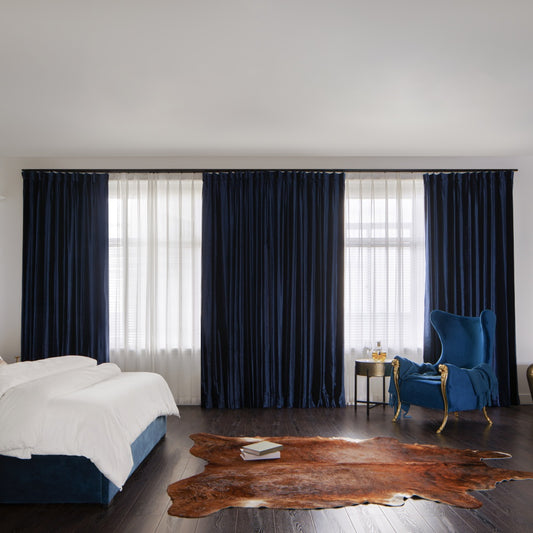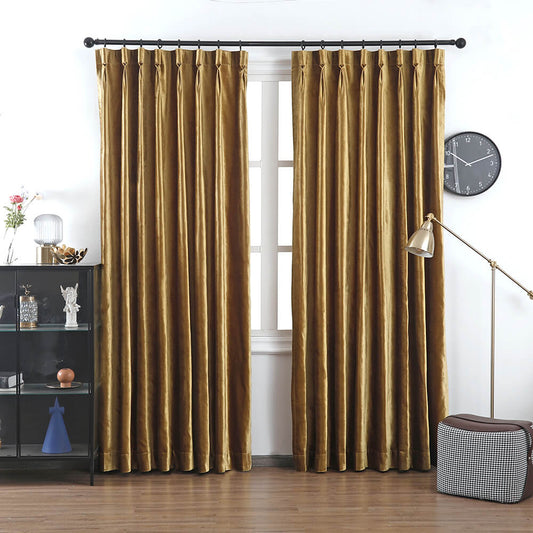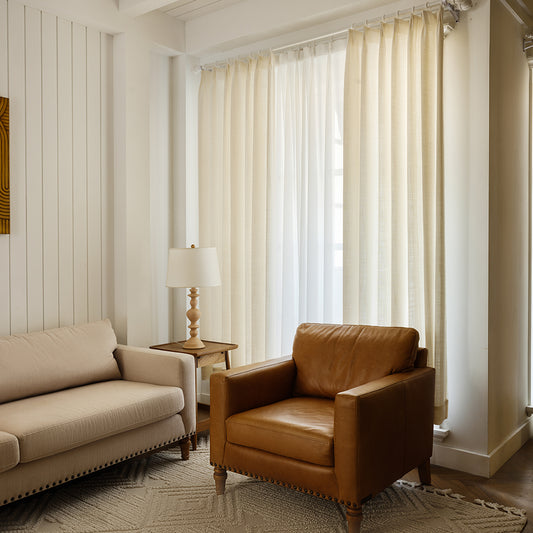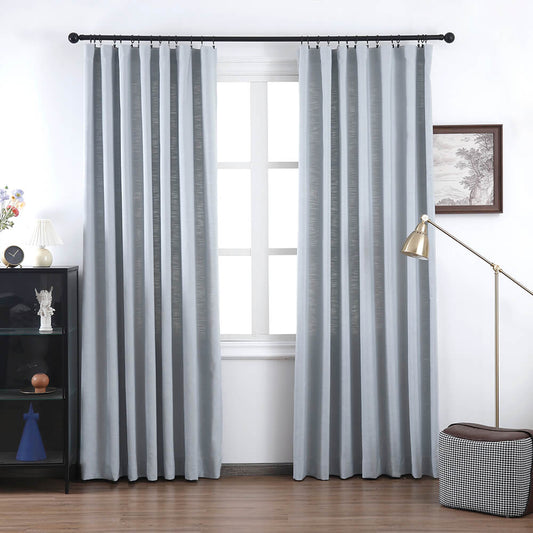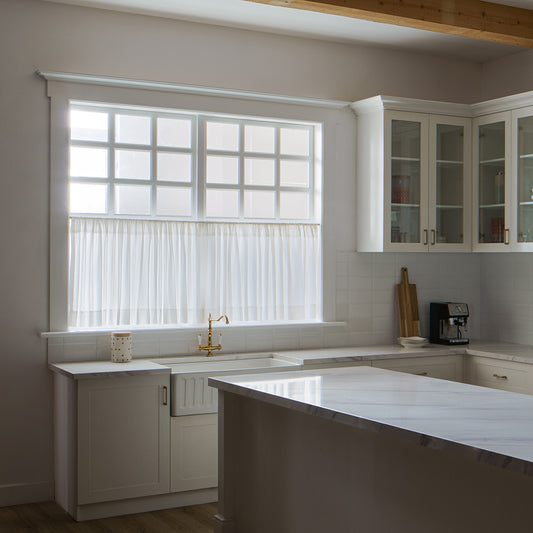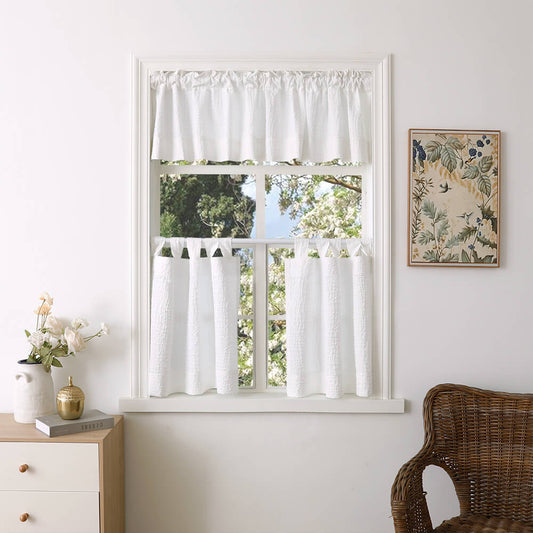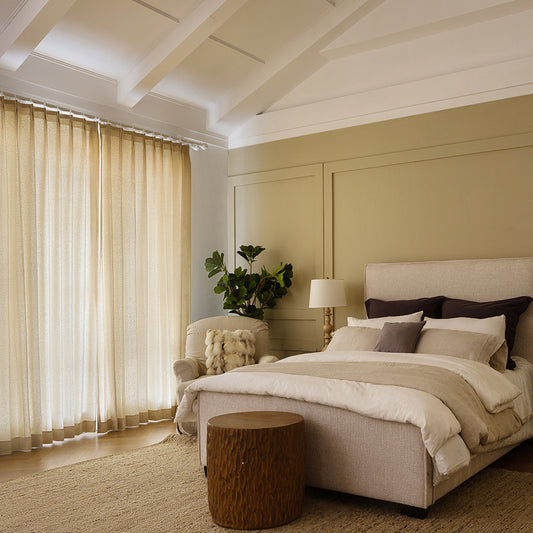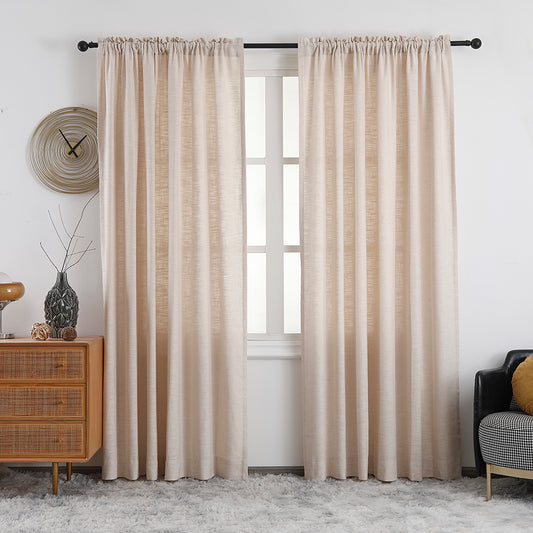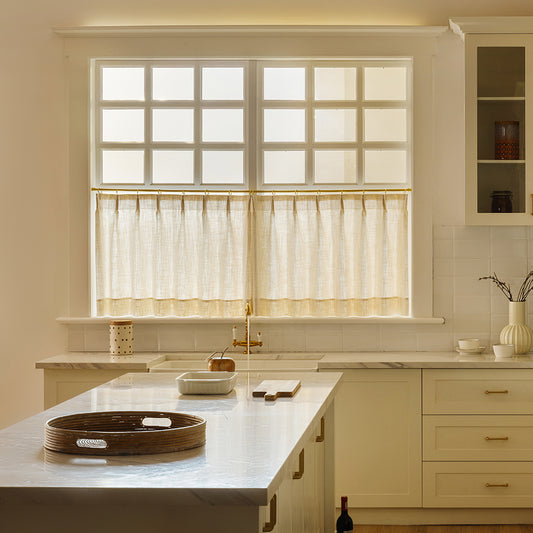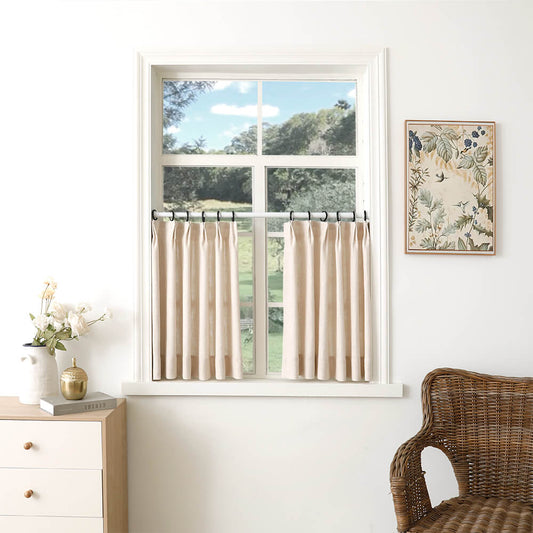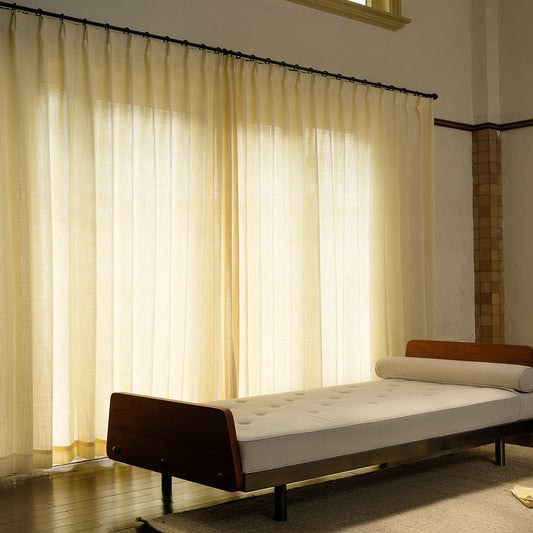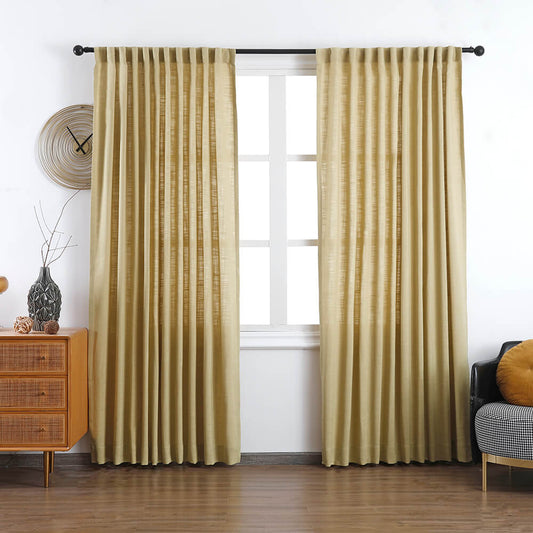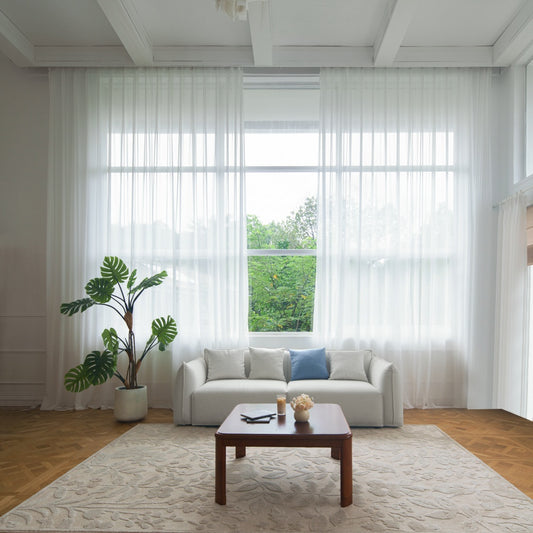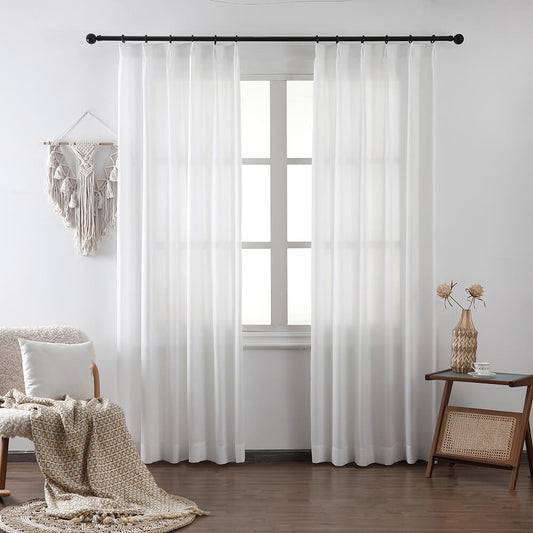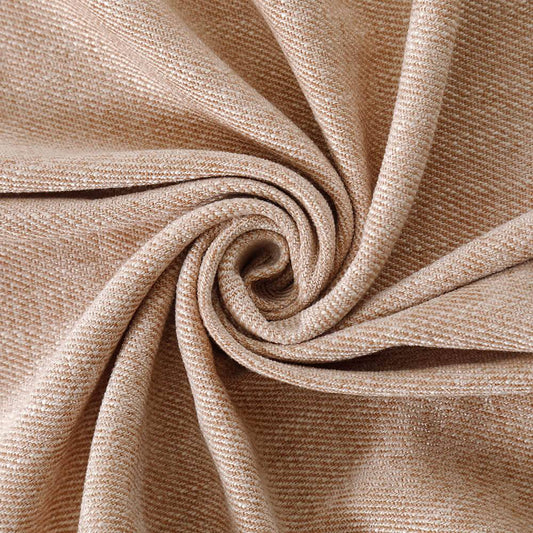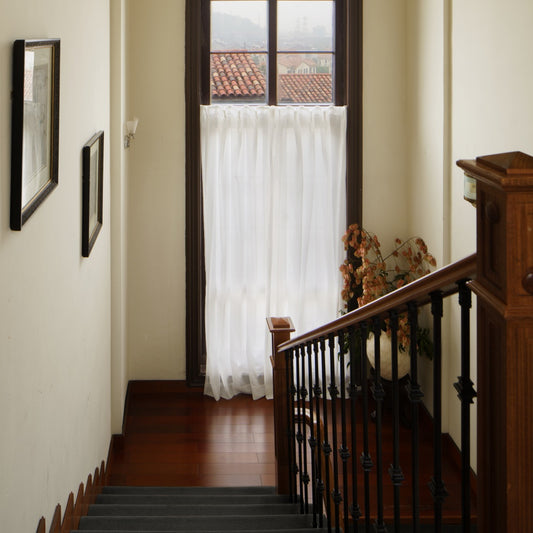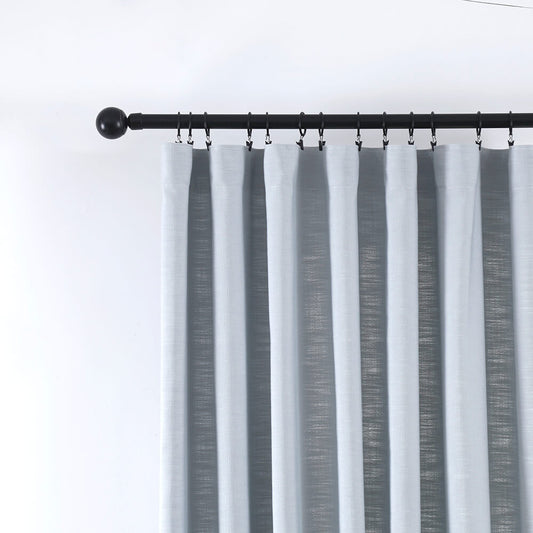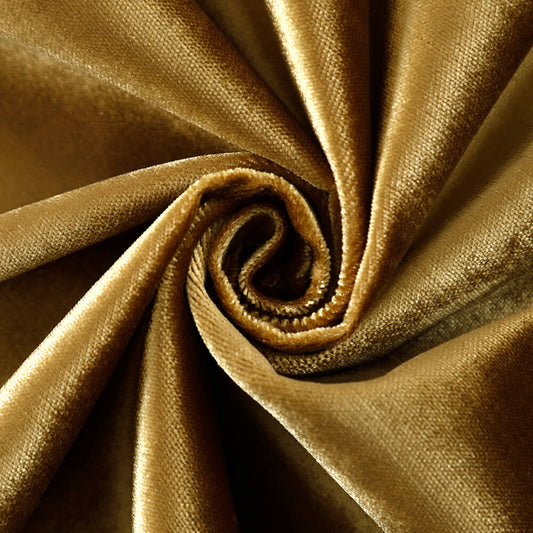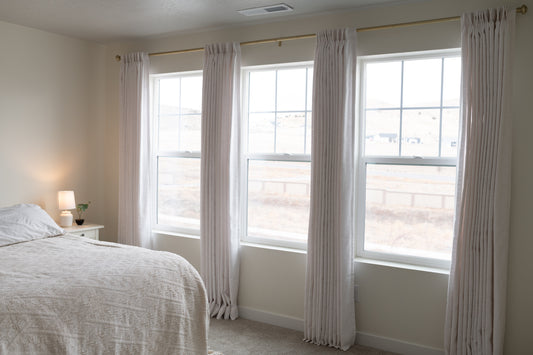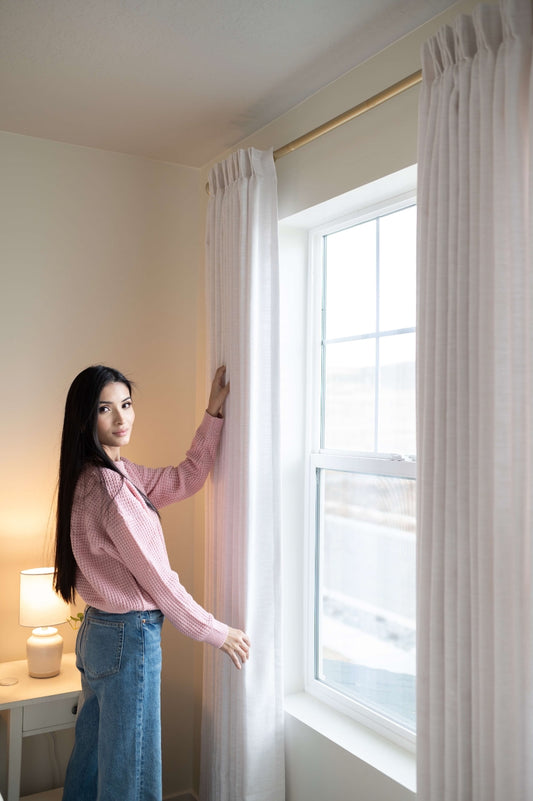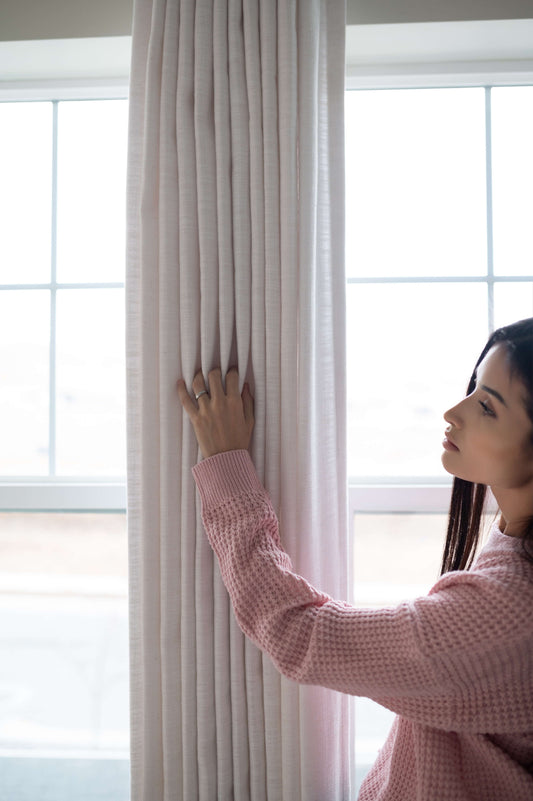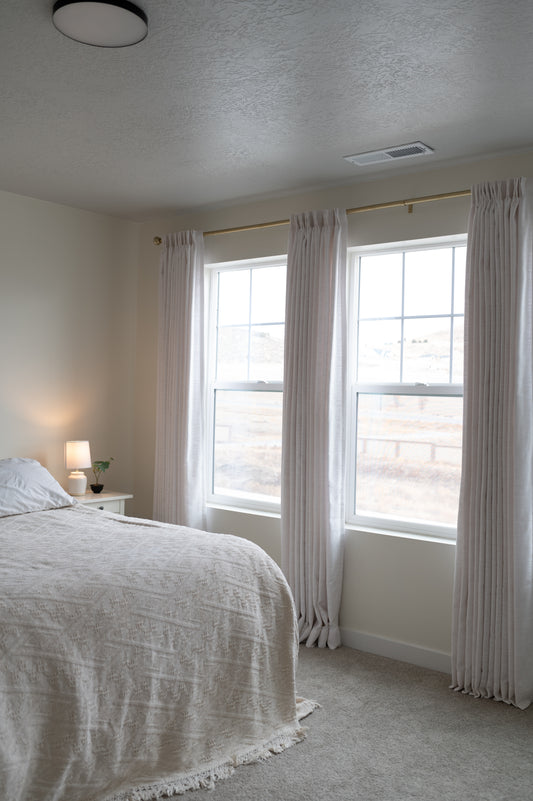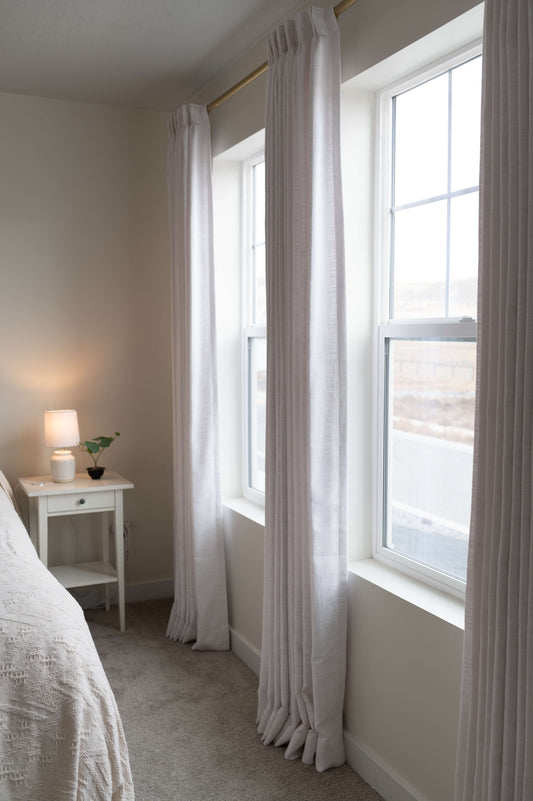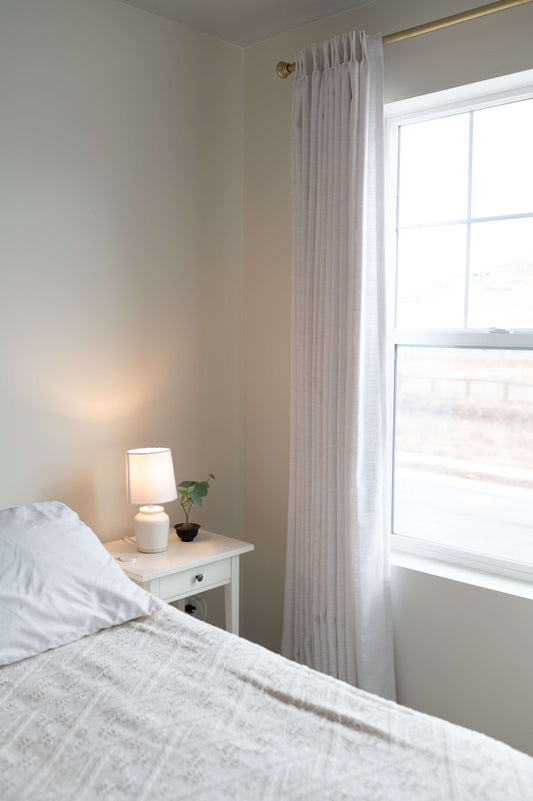What Is the Best Curtain Cloth for Style and Function?
Curtain cloth refers to the fabric used to create curtains, influencing their appearance, durability, light control, and maintenance. Choosing the right curtain cloth balances aesthetics with practical needs, enhancing any room’s ambiance and functionality.
How Do Different Curtain Cloth Types Affect Window Treatments?
The type of curtain cloth determines how curtains drape, filter light, and withstand wear. Natural fabrics like cotton and linen offer breathability and a soft look, while synthetics like polyester provide durability and easy care. VeilVeil’s fabric selections emphasize both style and performance, ensuring curtains that look beautiful and last.
What Are the Most Popular Curtain Cloth Fabrics?
Popular fabrics include cotton, linen, velvet, polyester, silk, and blackout blends. Each offers unique texture, opacity, and durability to suit various décor styles and functional needs.
Popular curtain cloth fabrics include:
- Cotton: Versatile, durable, and easy to maintain, ideal for casual or minimalist styles.
- Linen: Natural elegance with light-filtering properties, perfect for airy, sophisticated spaces.
- Polyester: Highly durable, wrinkle-resistant, and available in various weights and textures.
- Velvet: Luxurious, heavy fabric offering warmth and richness.
- Silk: Elegant with a natural sheen, best for formal settings but requires delicate care.
- Rayon and Acrylic: Synthetic blends that mimic natural fibers with added durability.
VeilVeil offers a curated range of these fabrics to suit diverse interior designs.
Which Curtain Cloth Fabrics Best Control Light and Privacy?
Heavier fabrics like velvet and lined polyester block more light and enhance privacy. Linen and cotton provide moderate light filtering, creating a soft glow. Sheer fabrics offer minimal privacy but maximize natural light. VeilVeil’s blackout and lined curtain cloth options combine style with effective light control.
Why Is Fabric Weight Important in Choosing Curtain Cloth?
Fabric weight affects how curtains hang and their insulating properties. Lightweight cloths like voile and cotton create airy drapes, while medium to heavy fabrics like velvet and brocade offer fullness and thermal benefits. VeilVeil advises selecting fabric weight based on room function and desired ambiance.
How Should You Care for Different Curtain Cloth Fabrics?
Care varies by fabric: cotton and polyester blends are usually machine washable, while silk and velvet often require professional cleaning. Regular vacuuming prevents dust buildup. VeilVeil provides detailed care instructions to maintain fabric beauty and longevity.
When Is It Best to Choose Natural Versus Synthetic Curtain Cloth?
Natural fabrics like cotton and linen are preferred for their breathability and texture in casual or traditional décor. Synthetic fabrics excel in durability, stain resistance, and cost-effectiveness, ideal for high-traffic or moisture-prone areas. VeilVeil offers blends that combine the best of both worlds.
Where Can You Find High-Quality Curtain Cloth?
Premium curtain cloth is available through specialty fabric stores and trusted brands like VeilVeil, which provides expert guidance, swatches, and custom options to ensure the perfect match for your décor and functional needs.
Can Curtain Cloth Impact Energy Efficiency?
Yes, heavier and lined fabrics improve insulation by reducing heat loss in winter and heat gain in summer. VeilVeil’s thermal curtain cloth options are designed to enhance energy savings while maintaining aesthetic appeal.
Has Curtain Cloth Technology Evolved Recently?
Advances include wrinkle-resistant treatments, eco-friendly fibers, and improved durability coatings. VeilVeil integrates these innovations into its collections, offering fabrics that combine modern performance with timeless style.
How Do You Choose Curtain Cloth for Different Rooms?
Select breathable, light fabrics like linen or cotton for living areas and bedrooms to create a relaxed feel. For kitchens or bathrooms, moisture-resistant synthetics are better. Formal rooms benefit from luxurious fabrics like silk or velvet. VeilVeil’s diverse fabric range caters to all room types and styles.
What Are the Benefits of Custom Curtain Cloth from VeilVeil?
Custom curtain cloth from VeilVeil ensures perfect color, texture, and weight tailored to your space. Their expert craftsmanship guarantees fabric quality and durability, helping you create curtains that enhance your home’s style and comfort.
VeilVeil Expert Views
"Choosing the right curtain cloth is fundamental to achieving both beauty and functionality in window treatments. At VeilVeil, we emphasize fabric quality, texture, and performance to meet diverse design needs. Whether you seek the natural elegance of linen or the durability of polyester blends, our curated fabrics provide lasting style and comfort, transforming your living spaces."
Conclusion
Curtain cloth selection shapes the look, feel, and performance of your curtains. Understanding fabric types, weights, and care requirements helps you choose the best material for your space. VeilVeil’s premium fabric options and customization services ensure your curtains combine elegance with practicality, elevating your home décor.
FAQs
Q1: What curtain cloth is best for blocking sunlight?
A: Heavy fabrics like velvet or polyester with blackout lining provide optimal light blockage.
Q2: Are natural fabrics better than synthetics for curtains?
A: Natural fabrics offer breathability and texture, while synthetics provide durability and easy care; blends often balance both.
Q3: How often should curtain cloth be cleaned?
A: Regular dusting and vacuuming are recommended; deep cleaning depends on fabric type, usually annually or as needed.
Q4: Can I use the same curtain cloth for all rooms?
A: It’s best to choose fabrics suited to each room’s function and environment for optimal performance.
Q5: Does curtain cloth affect energy efficiency?
A: Yes, heavier and lined fabrics help insulate rooms, reducing energy costs.
